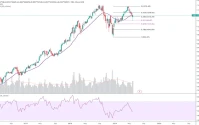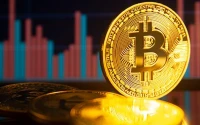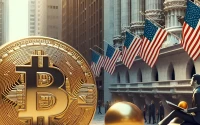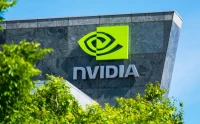Nvidia stock took a hit, down over 3% at the market open on Friday. AMD followed suit, dropping more than 4%. Micron Technology wasn't immune either, dipping about 1%. The broader market felt the chill too, with the Dow Jones Industrial Average shedding over 530 points, or 1.1%, and the tech-heavy Nasdaq falling around 1.2%. Even Walmart, usually a safe haven, saw its stock slide around 2% after the CEO's early retirement announcement. The S&P 500 mirrored the general unease, also off by 1%.
Is this just a blip, a momentary lapse in an otherwise bullish market, or a canary in the coal mine signaling deeper troubles ahead?
Rate Cut Realities
The immediate trigger seems to be a renewed anxiety about potential Federal Reserve interest rate cuts. The odds of a December cut of 25 basis points are hovering around 54%, according to the CME FedWatch tool. That's up from 50% the previous day, but still down from 70% a week prior. This fluctuating probability is creating uncertainty, and markets hate uncertainty.
The end of the government shutdown, while generally positive, also seems to have inadvertently refocused investor attention on underlying economic anxieties. October's labor data, pieced together from private-sector trackers due to the shutdown, painted a concerning picture. Job losses were reported in government and retail, coupled with a surge in announced layoffs, driven by cost-cutting and the relentless march of AI.
These layoffs are interesting. While some might point to a robust economy simply reallocating resources, I see a more nuanced picture. Companies aren't just trimming fat; they're strategically shedding labor in anticipation of a potentially leaner future. And this is the part of the report that I find genuinely puzzling: Why the sudden urgency?
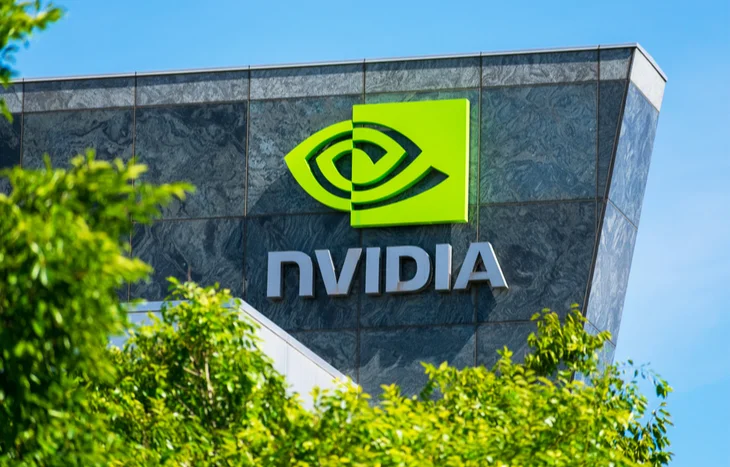
Could it be a delayed reaction to the cumulative effect of previous rate hikes? Or are companies finally internalizing the disruptive potential of AI, realizing they can achieve the same output with significantly fewer employees? The data doesn't offer a definitive answer, but the correlation between rising AI adoption and announced layoffs is hard to ignore.
The AI Valuation Question
Then there's the elephant in the room: the valuation of AI stocks. Nvidia, in particular, has been on a tear, and any sustained rally always invites scrutiny. Are these valuations justified by current earnings, or are they based on future projections that may or may not materialize? It's a question that hangs heavy in the air, especially when you consider the rapid pace of technological change. As reported by QZ.com, Nvidia and Tesla are getting hammered as a tech stock selloff gets worse. The Dow briefly touched 40,000 this week, a symbolic milestone that quickly proved unsustainable. It's like a runner sprinting too far ahead of the pack – eventually, they have to slow down. The question is whether this slowdown will be a controlled deceleration or a precipitous fall.
I've looked at hundreds of these filings, and this particular market correction is unusual. It lacks a single, easily identifiable catalyst. Instead, it's a confluence of factors – interest rate uncertainty, labor market anxieties, and AI valuation concerns – all converging at once. This makes it harder to predict the trajectory of the market in the coming weeks.
Is This Just the Start?
The Friday selloff could be a healthy correction, a necessary pullback after a period of exuberance. Or it could be the first domino to fall in a chain reaction that leads to a more significant market downturn. The data is ambiguous, offering support for both scenarios. What's clear, however, is that investors are increasingly sensitive to any hint of economic weakness or overvaluation. The margin for error has shrunk.
A Reality Check
The market's recent swoon isn't a full-blown crisis yet, but it's a stark reminder that gravity still exists, even in the age of AI. It's time for investors to recalibrate their expectations, reassess their risk tolerance, and maybe, just maybe, take some profits off the table. The era of easy money may be coming to an end.

